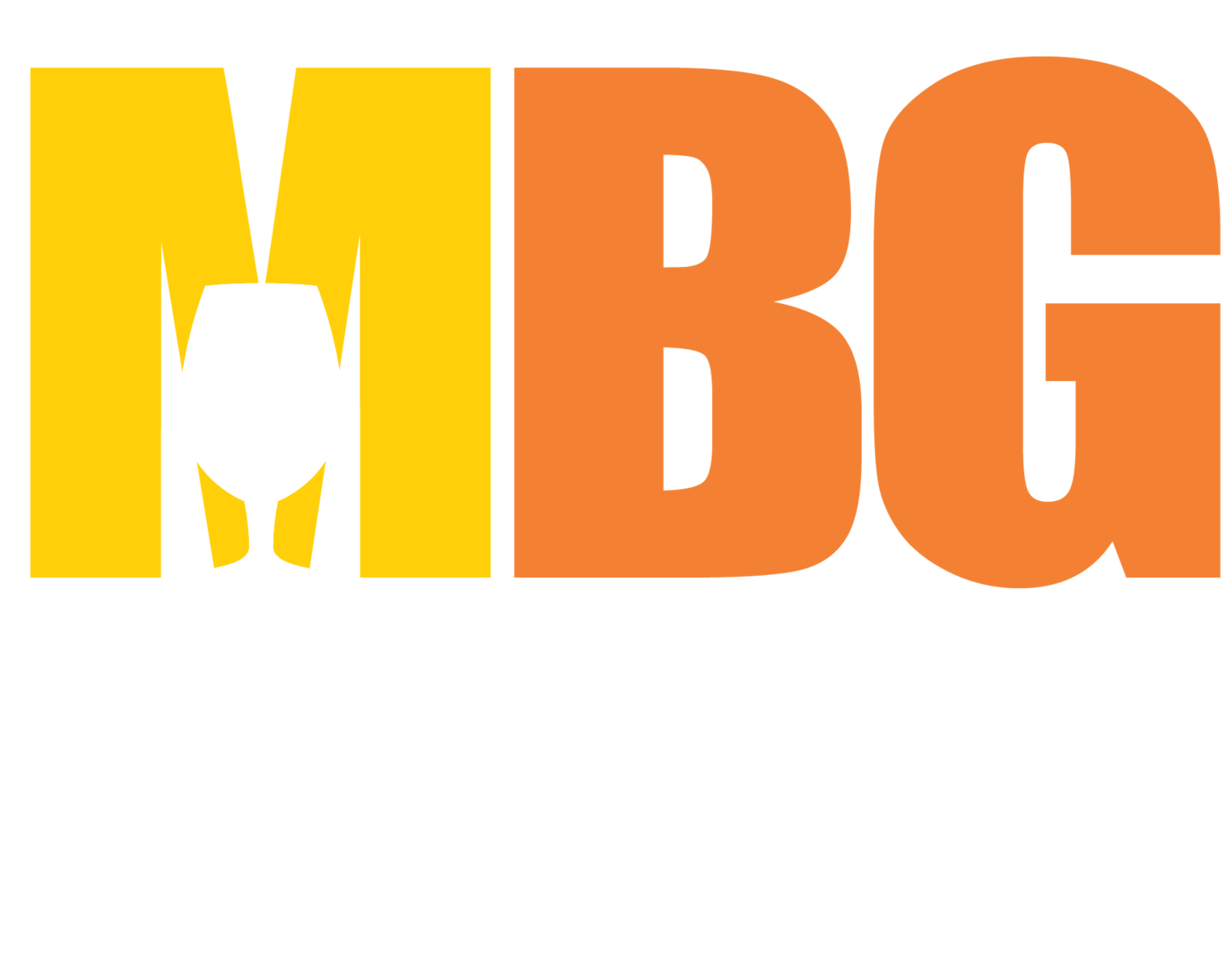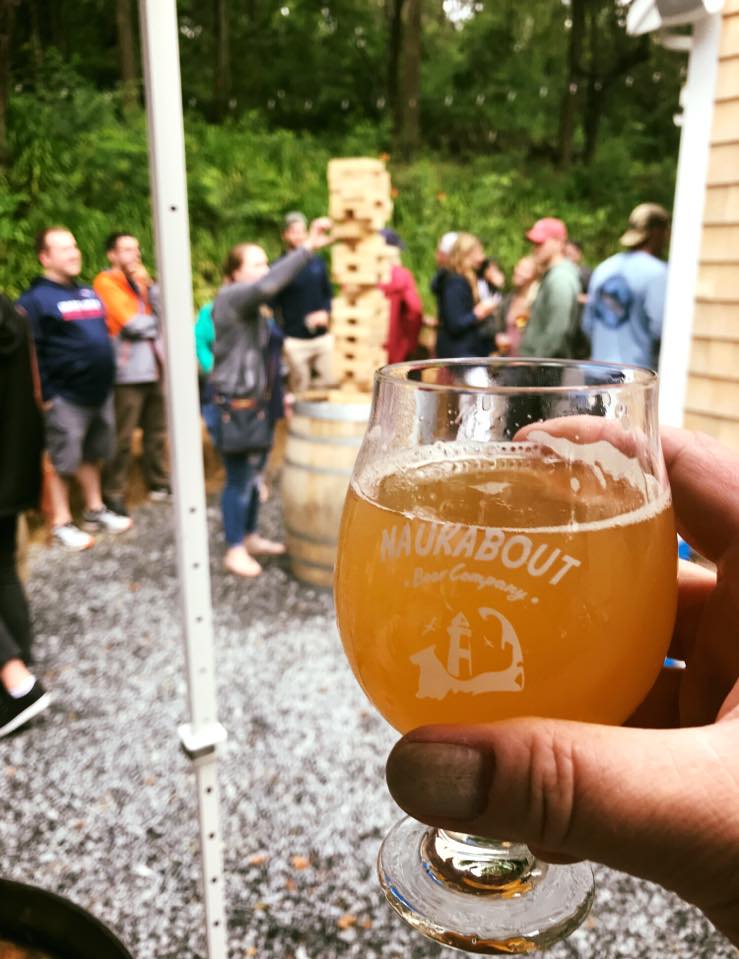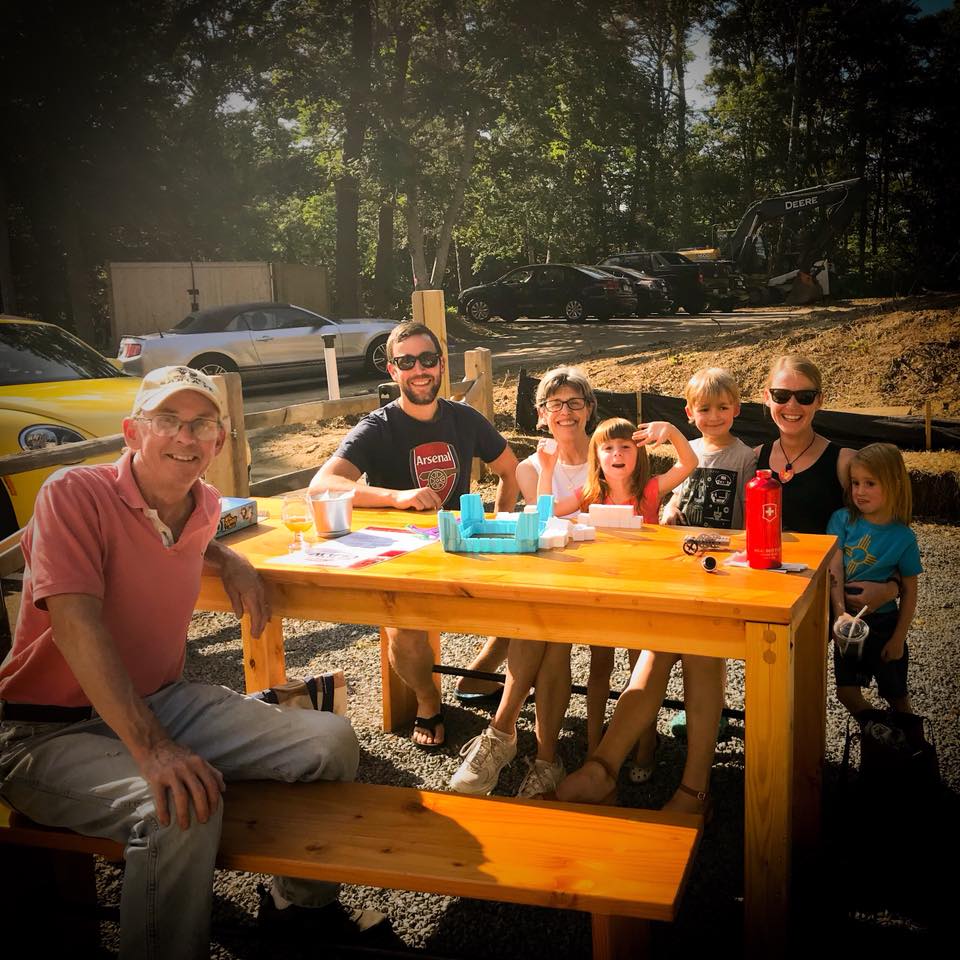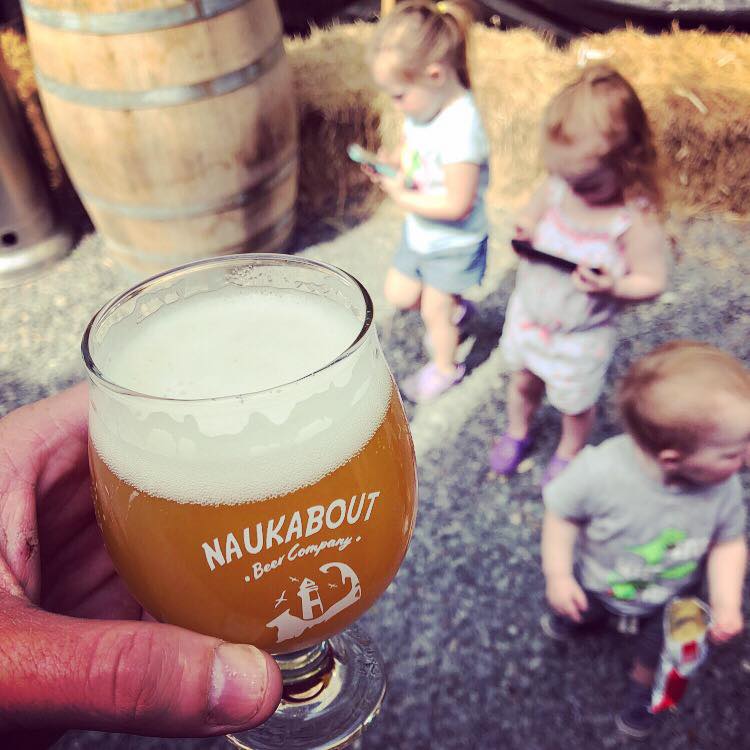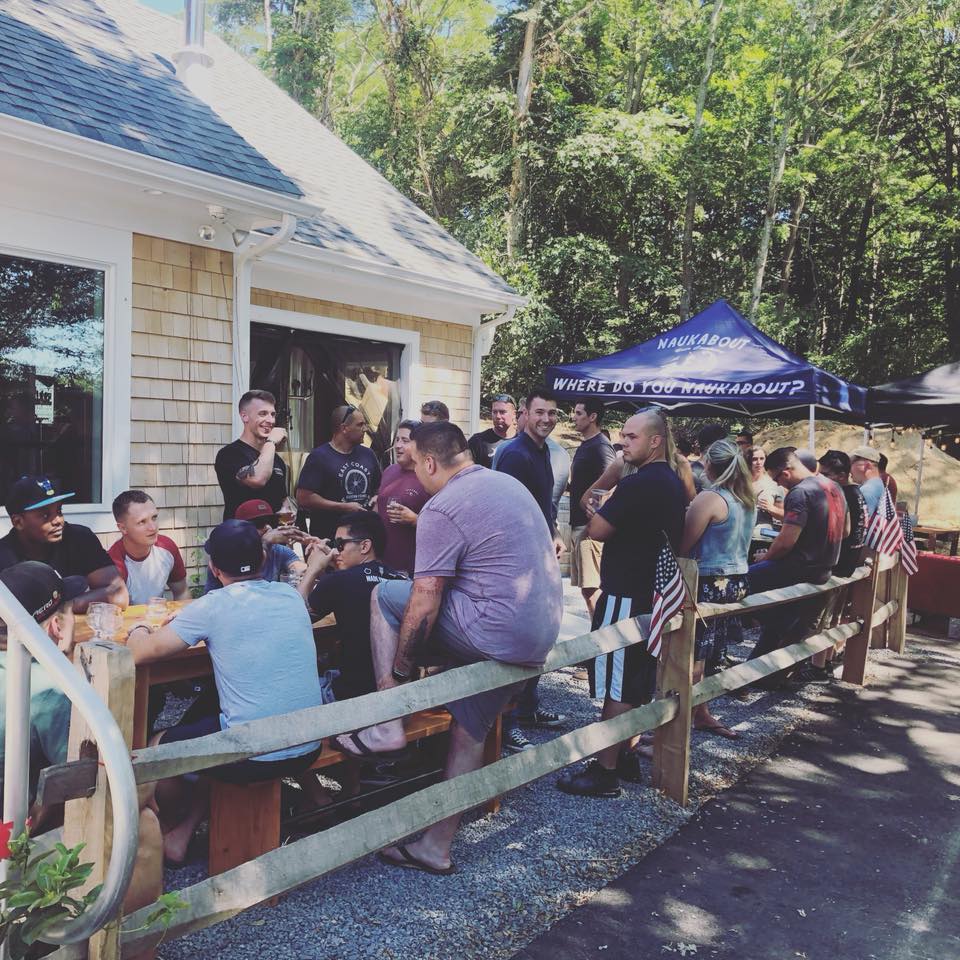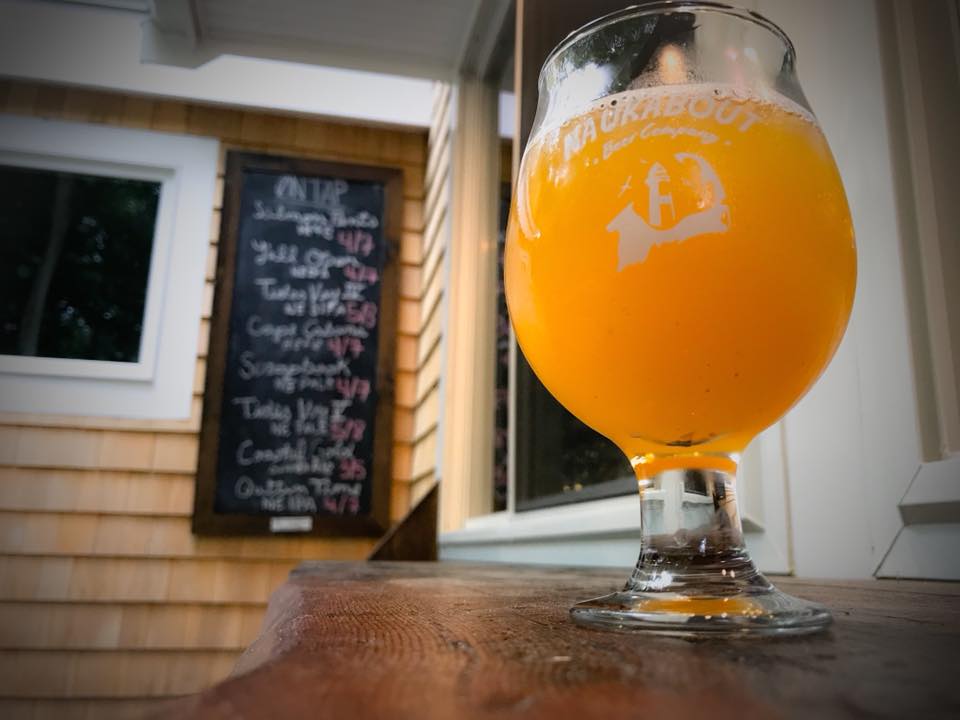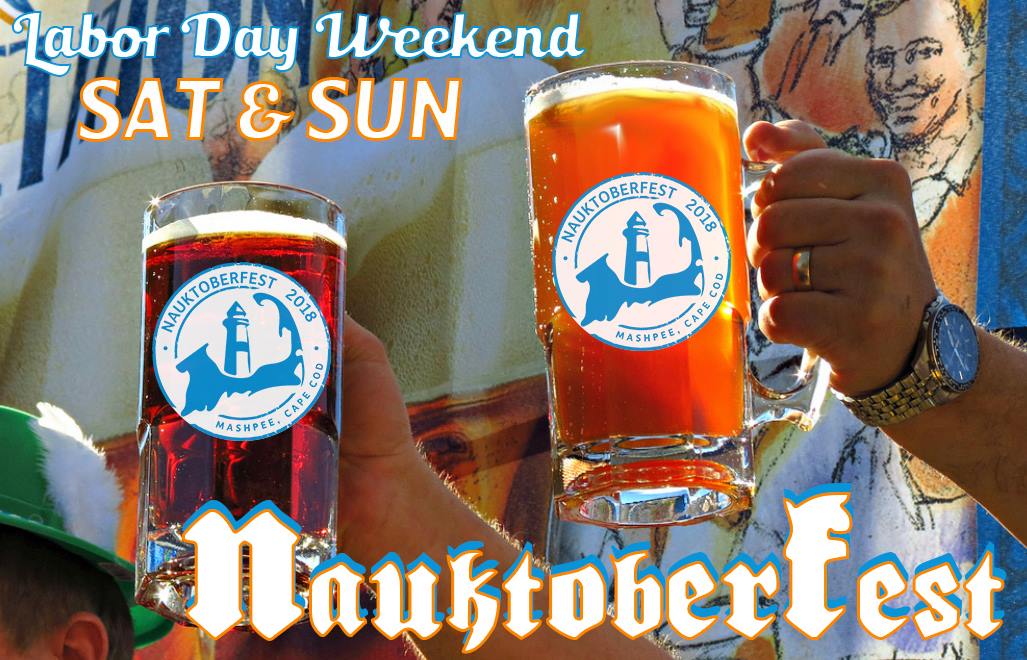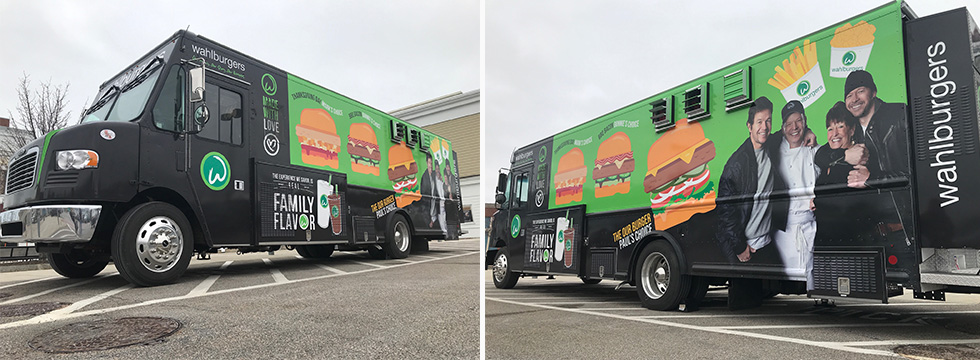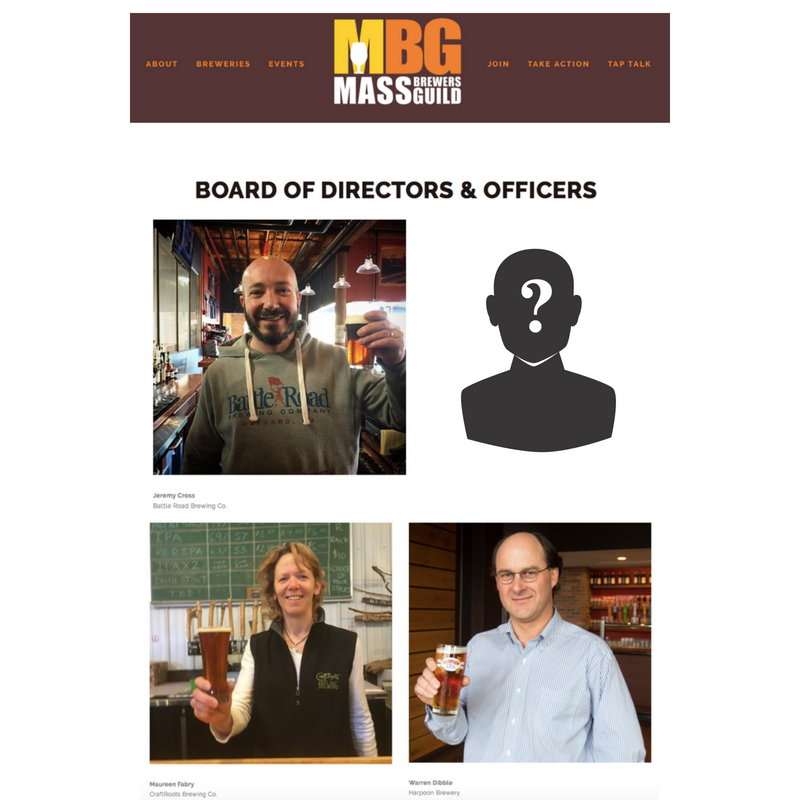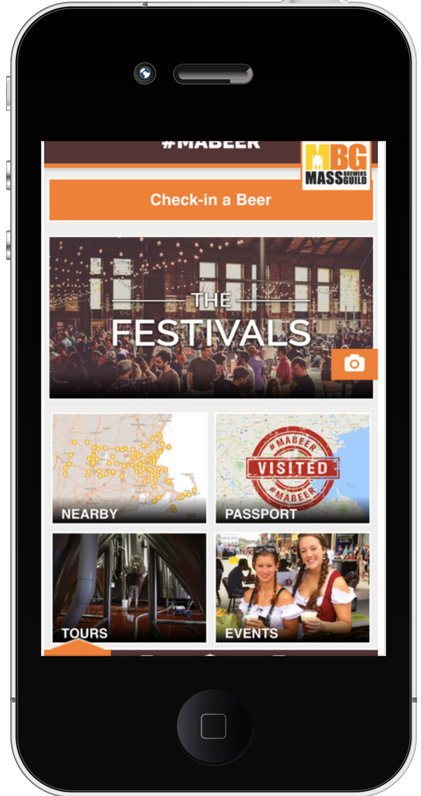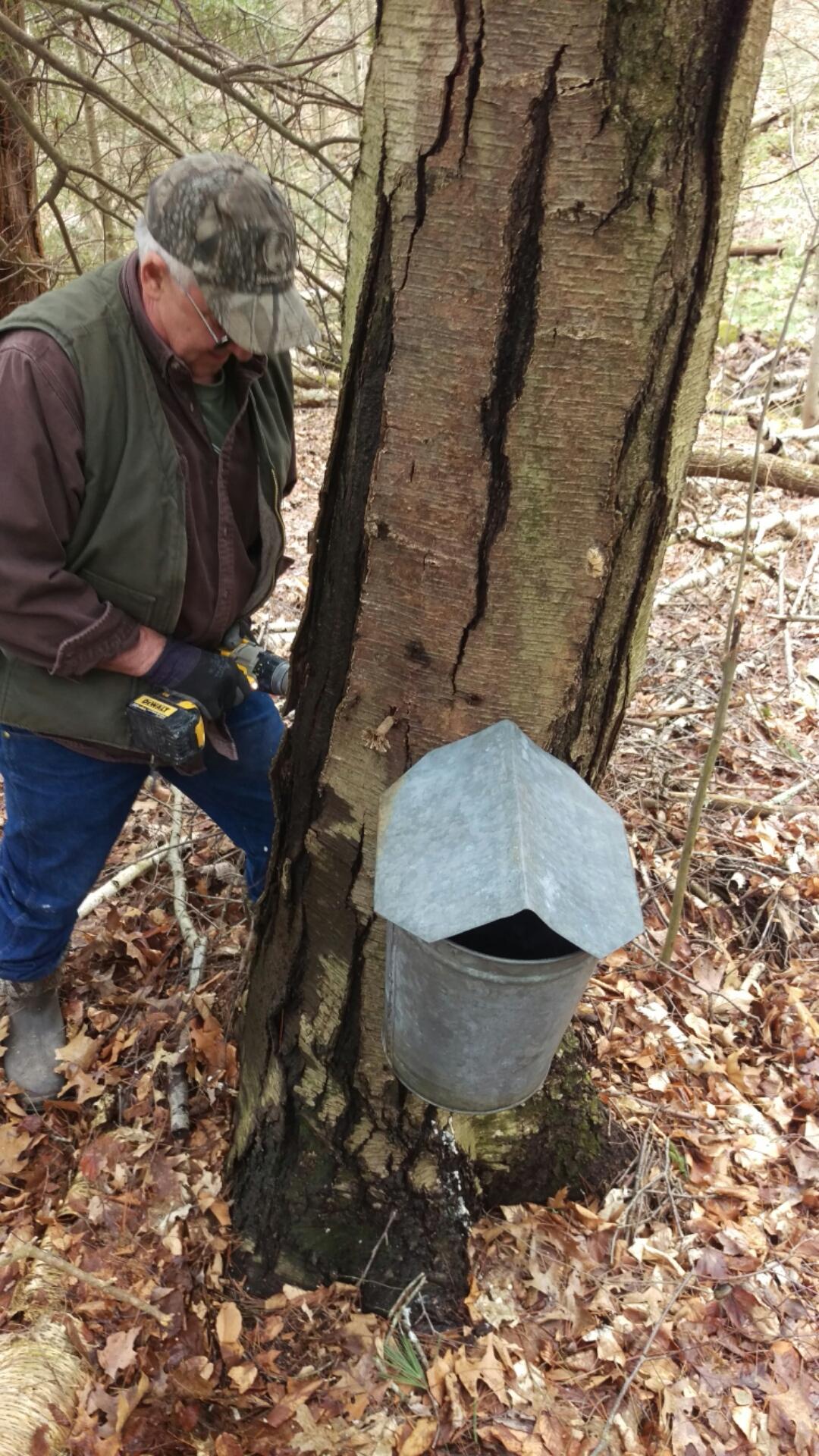For anyone who has tried to wrap their heads around the taxation of beer in MA, it can be a challenge. A Google search will bring you to various blogs that contradict each other, state websites that are difficult or impossible to navigate, and tax forms that are vague and make no sense. After helping a few of you navigate the nuances of tax compliance on beer, I would like to share with the MA Brewers Guild and you, some of the basics when it comes to beer excise, sales, and meals taxes.
While each of these topics are worthy of their own blog post, this summary should provide enough guidance to help you get up and running and stay compliant on some of the most fundamental transactions that breweries encounter. For more complex matters, don’t hesitate to contact me. With that said, let’s start mashingout these nuances into something clear to understand!
Part 1: Beer Excise Tax
First, we are going to start with beer excise tax and the required MA Form AB-1. Every brewery, wholesaler, and importer of beer in MA is liable for and to pay, an excise tax for the privilege of manufacturing or importing beer into the state for sale. With that said, when you manufacture your beer or import your beer (as a wholesaler), that beer becomes subject to the excise tax of $3.30 per BBL (31 gallons) in MA. MA excise tax is reported to the state on Form AB-1 which is due on or before the 20thday of the month following the month of production. Simple right? But when is my beer considered taxable beer and does it follow TTB requirements? What if I use a contract brewery? What about beer shipped out of state? Here are some compliance tips when it comes to beer excise tax and filing form AB-1:
When is my beer taxable in MA? Can I follow the TTB?
Unofficially, sure, you can follow TTB rules to determine when your beer becomes taxable in MA as for most, the conversion cycle between production and sale is pretty quick. Officially, unlike the TTB with a designated tax-free zone, when your beer is packaged (bottled, canned, kegged, etc.) it becomes taxable in MA. Notice I said “packaged” and not pushed into a bright tank. Usually we recommend brewers take the position that beer manufacturing is complete when packaged. This is because when you go from a bright tank to packaging you can have some loss in total BBLs or bad packaging runs that make beer unsellable and therefore non-taxable. If you are going from the tank to tap, make sure you have a clearly marked tax determined tank and log the beer added as that becomes your taxable beer.
To report tax determined beer, your will utilize Schedule A: Malt Beverages Imported, Purchased or Otherwise Acquired- Form AB-1. But wait, why use this form if it doesn’t say “Manufactured”? That is because the government is behind and has not updated the form! So, what do you do? Here are some best practices, for manufacturers of beer (breweries):
- Date Received should be the date packaged;
- invoice number can be an internal batch number or production run number;
- from whom imported or otherwise acquired can be either “manufactured internally” or the name of the beer packaged;
- number of barrels or cases is total barrels produced;
- and fill in Box A under no tax paid the total gallons of beer produced. This amount will then be reported on page 1, line 1 Malt Beverages.
The total gallons is then multiplied by $3.30 to determine your excise tax liability.
What if I contract the production of my beer to another brewery?
When another brewery manufactures your beer and you purchase that beer from them for resale, you are a wholesaler. As mentioned above, MA requires wholesalers to file Form AB-1. You will still utilize Schedule A, however; you now have an actual invoice number, date received, and name of who produced the beer to fill in. But, the biggest difference is, when reporting gallons upon which tax was paid.
When you acquire the beer from a manufacturer who is physically located in MA, the manufacturer is responsible for reporting and paying the excise tax beer. Therefore, the total gallons you acquired gets listed under box B of schedule A, Gallons upon which Mass. Tax paid. Here you are simply reporting to the state beer acquired and will have no excise tax liability. If you have made the mistake of paying the excise tax, not a problem. You can simply amend your Form AB-1’s to recover the tax.
If you are utilizing out of state breweries and then shipping the beer into MA, you as the wholesaler, will be responsible for the payment of excise tax on beer brought into the state. In addition, you will also need to fill out and file Form AB-10, Report of Alcoholic Beverages Shipped into Massachusetts.
Lastly, the above discusses the rules when you are “Contract Brewing”. This is a relationship in which you pay a brewer, the “contract brewer”, to produce your beer. There is another relationship, though used infrequently, called Alternating Proprietorships. Under this arrangement, you and another brewer may take turns in using the physical premise of a licensed brewery, the host brewer, to brew your beer. In this type of relationship, the host brewer is not responsible for paying the excise tax and you will need to file your own form AB-1 and pay the required tax.
Is beer shipped out of state subject to MA excise taxes?
No. Beer shipped out of state is exempt from MA excise tax. You report sales out of state on Schedule F, Deductions. Also reported on Schedule F is beer disposed of at the brewery or loss on inventory due to breakage.
Is beer sold for onsite consumption exempt from MA excise taxes?
Sales of beer for onsite consumption is considered a “meal” and as therefore separately taxed. You are responsible for paying the excise tax on beer produced and for collecting and remitting to the state sales tax on beer sold in your tap room. Still don’t believe me, check out MA DOR Letter Ruling 96-2: Sales of Malt Beverages by Restaurant Brewery (don’t let the word restaurant fool you as it applies to taverns, bars, and taprooms). Here is the link to the letter ruling:
http://archives.lib.state.ma.us/bitstream/handle/2452/54090/ocm09310387-1996-2.pdf?sequence=1
Part 2: Sales and Meals Tax
Next, we will chat about sales and meals tax. Breweries report sales tax on Form ST-9 and meals tax on Form ST-MAB-4 (note meals, as stated earlier, includes sale of alcoholic beverages). These forms are both due monthly, on or before the 20thday following the month you are reporting for. Some common questions we see are as follows:
What are the tax rates for sales and meals tax?
In MA, transactions subject to sales tax are assessed at a rate of 6.25%. Meals are also assessed at 6.25% but watch out! Some jurisdictions in MA elected to assess a local tax on meals of .75% bringing the meals tax rate to 7%. Be sure to check if your location is subject to the local tax.
What transactions are subject to sales tax?
Let’s look at this transaction from two points of views.
The first point of view is that of the consumer who purchases swag from your brewery. Generally articles of clothing are exempt from sales tax. Glassware and other swag items like stickers or bottle openers are subject to sales tax. Also, sales of prepackaged beer for offsite consumption are exempt. For transactions that are subject to sales tax, the brewery is to collect from the buyer the 6.25% on the sales price of items subject to sales tax and remit that money to the MA DOR.
Growlers are tricky. Prefilled growlers that are already sealed, and in a cooler that a consumer can take from are exempt. When a consumer comes in with an empty growler and you fill it, that transaction is subject to sales tax.
From the point of view of the brewery, items purchased for resale are exempt from sales tax because you are buying them as a reseller. But be careful, if you take stickers or glassware for example, to give away at an event, you are subject to self-charging yourself sales tax. The biggest thing I want to draw attention to for the brewery is this; purchase of equipment, materials, or supplies used to manufacture your beer or directly used in the conversion process to convert raw materials into a finished sellable product are exempt from sales tax. Most vendors a brewery deals with are pretty good about exempting certain items purchased, but some smaller vendors may not and you specifically need to ask for the exemption or provide them with a completed form ST-12, Exempt Use Certificate. This means you are certifying to the vendor that the purchase is exempt from sales tax.
Just recently, the U.S. Supreme Court decided on the Wayfair Online Sales Tax Case. This can create a requirement to collect sales tax on sales of swag from your website shipped out of state. To see if this will impact you and your online sales, reach out to your tax advisor.
What transactions are subject to meals tax?
Sale of beer, food, and snacks for onsite consumption are subject to meals tax. Now one thing I notice is a lot of breweries that sell beer in their taproom include sales tax in the price of the beer. Meaning they do not show the tax as a separate line item on your receipt. That is perfectly fine but keep in mind these two things: first, this is only allowed if the sole transaction on the receipt is sale of beer. If the receipt includes sale of beer, merchandise, or snacks, sales tax needs to be separately shown. Second, make sure you assess your selling price to determine if it is including or not including taxes. For example, if you sell a beer for $9 and assuming a 6.25% tax rate, are you just using $9 and therefore your revenue per sale is actually $8.44 or does the $9 not include sales tax so the end sale to the consumer is $9.56 and your revenue per sale is $9. I know this seems silly but if not accounted for correctly you could be leaving money on the table as you are supposed to be collecting from the consumer and remitting back to the state. Further from an analysis stand point, you can be overstating revenues. While the push back is there is an offsetting expense so my bottom line is not impacted, in the beer world it’s all about revenue per BBL or case equivalent and the tax included in revenue is not your revenue, it is the state’s revenue. For some with high tap room volume, this can be a material number.
Part 3: Bottle Deposits
Now the last item to talk about are bottle deposits. This is the most annoying thing out there for a nickel, but it is for a good cause, I guess….While this may not be a large number for most, it is still required in MA and you need to be compliant on all fronts to be in good standing with the state.
When it comes to bottle deposits here is what you need to know. First, bottles and cans sold to a wholesaler do not need to be assessed for bottle deposits. Cans transferred from the brewery to the taproom or retail area for offsite consumption are assessed a nickel. Second, to report the receipt of deposits or refunds of deposits, you use MA Form AD-1,Abandoned Deposit Amounts Return. This form is due no later than ten days after the last day of each month. Third and last, do you need a separate bank account for this? Yes and I know it’s a pain…MA requires every bottler and distributor to establish and maintain a bank account known as a Deposit Transaction Fund and form AD-1 is your reconciliation of that account which is provided to the state.
Wrap-up
I hope you have found this post helpful and insightful as to what type of common transactions in the brewery will subject you to sales, meals, and beer excise tax. I encourage you all to take a moment and review internally your PoS systems and form AB-1s and reach out to your advisor if you think something feels or does not look right.
If you want to chat through anything or discuss any of the items above in more details please don’t hesitate to reach out!
Cheers,
Bob Babine
Edelstein & Company
Rbabine@edelsteincpa.com
